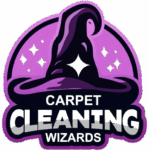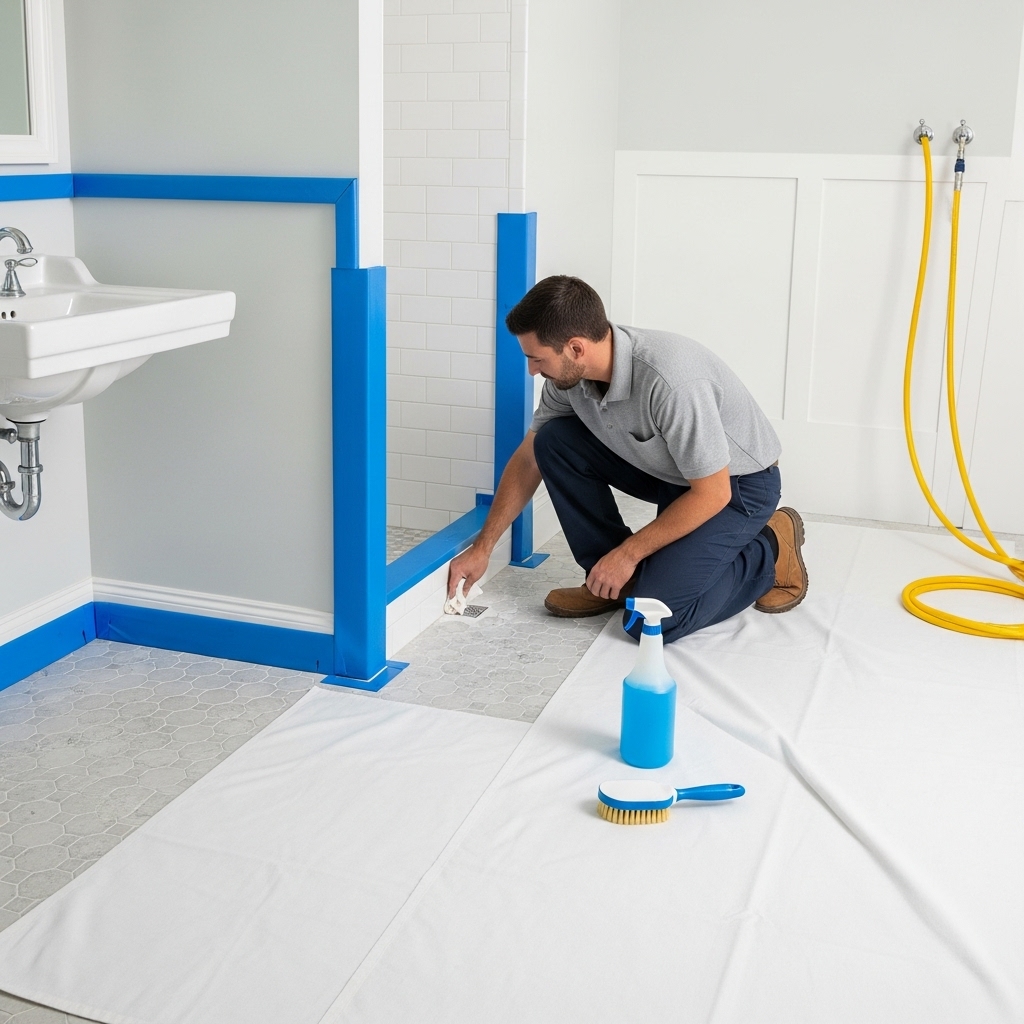What to Expect from a Professional Tile and Grout Service in New Jersey
Inviting a professional into your home or business to revitalize tile and grout is an investment in appearance, hygiene, and longevity. If you are in New Jersey, you also contend with unique local factors—winter salt, humid summers, and busy, high-traffic lifestyles—that make a well-planned service even more valuable. This guide explains what happens before, during, and after a professional appointment so you can prepare confidently and enjoy results that last. To start your planning, it helps to connect with a team that focuses on tile and grout cleaning and understands the nuances of NJ homes and commercial spaces.
Pre-Appointment Discovery
Every successful project begins with clear communication. Expect questions about the type of tile and grout you have, approximate age of the installation, previous products used, any sealing history, and problem areas like kitchens, showers, or entries. Photos can help for initial assessments. A site visit allows the technician to test small areas, confirm tile identity, and map out logistics such as water access, hose runs, power needs, and protection for nearby surfaces.
During this discovery phase, the provider establishes realistic expectations. They will explain what cleaning can accomplish and where limitations might exist, such as permanent dye transfer, grout erosion, or previous coating buildup that may need specialized removal. Clear expectations build trust and guide the choice of chemistry and tools.
Arrival and Area Preparation
On the day of service, technicians arrive with equipment, corner guards, protection for baseboards and cabinetry, and mats to manage moisture. They will set up a safe work area, confirm access boundaries, and review the plan with you. Typically they begin with dry soil removal—vacuuming and sweeping to remove grit that could scratch tile and reduce cleaning efficiency.
Furniture or movable items may be relocated, and sensitive surfaces nearby are covered. In multi-unit buildings, techs keep pathways clear and minimize noise by staging equipment efficiently. Communication remains ongoing so you always know what is happening and when you can re-enter each area.
Testing and Chemistry Selection
Because ceramic, porcelain, and natural stone respond differently, professionals test pH-compatible solutions in an inconspicuous spot. They match the chemistry to the soil: degreasers for kitchen films, mineral removers for hard-water deposits, and neutralizers to eliminate residue from past products. The goal is to pair the least aggressive solution that will still deliver a thorough clean, preserving the integrity of your surfaces.
Pre-Treatment and Dwell Time
Pre-treatment lays the groundwork for success. A targeted solution is applied and allowed to dwell so it can break down embedded soils. During this window, the technician monitors the area to ensure the chemistry works as intended and does not impact surrounding materials. Dwell time is carefully managed to balance cleaning power with surface safety.
Agitation and Detail Work
Agitation comes next, with brushes chosen to fit grout joints and tile micro-textures. In some areas, hand detailing targets corners, steps, or mosaic insets. Because grout is porous, gentle but thorough agitation is essential to release soils. In showers, technicians address soap scum and mineral scale, while kitchen floors often need more attention to degreasing and residue removal.
Rinsing, Extraction, and Moisture Control
After agitation, suspended soils and cleaning agents are removed through hot water extraction or a controlled rinse, depending on the surface and environment. Professionals manage moisture meticulously, using equipment that recovers water efficiently and setting up airflow to support drying. In multi-level buildings, they plan hose routes with care and keep common areas tidy throughout.
Post-Clean Inspection and Optional Protection
With the surface freshly cleaned, your technician inspects results in consistent lighting and may perform targeted touch-ups. If your grout type benefits from it, they may recommend applying a penetrating sealer after the surface has dried. Sealing can help resist future staining and simplify maintenance but is not mandatory in every situation. You will receive tailored guidance on whether it fits your floor, shower, or wall installation.
Aftercare Guidance You Can Actually Use
Great service does not end when the equipment is packed. Expect practical aftercare instructions: sweep or vacuum grit frequently; mop with a neutral cleaner and a clean microfiber head; avoid products that promise shine but leave residue; squeegee shower walls; maintain ventilation; and place walk-off mats at doors. These everyday habits help preserve the even, bright look you just achieved.
Typical Timeline
Timeline varies by square footage, soil level, and complexity. Setup and protection take time, and dwell periods are crucial for safe, effective cleaning. Detail work, rinsing, and drying plans are paced carefully so you can access key areas as soon as possible. Your provider should offer an estimated duration and keep you updated if conditions call for adjustments.
How Professionals Handle Challenges
Stubborn stains, unknown residues, or prior coatings can complicate a project. Skilled technicians adapt by adjusting chemistry, extending dwell, switching brushes, or isolating problem zones for targeted treatment. For permanent discoloration or worn grout, they may discuss restoration options outside normal cleaning. The key is transparent communication about what is achievable and how to maintain the improved condition.
What Sets New Jersey Pros Apart
Local teams understand the realities of winter salt tracked into lobbies and mudrooms, humidity that encourages mildew in shore bathrooms, and the fast pace of commercial spaces that cannot be offline for long. They plan with these factors in mind and offer schedules that work for busy households and businesses across the state. Their knowledge of local housing stock—from pre-war apartments to new builds—helps them anticipate tile varieties and grout conditions.
Mid-Service Review
Halfway through, many technicians pause for a brief review with you, showing progress and checking for any concerns. They confirm drying strategies, discuss any discoveries, and adjust the plan if needed. This collaborative approach ensures that the final outcome aligns with your goals and that there are no surprises.
Safety, Air Quality, and Eco Considerations
Professional-grade products are designed for performance and safety when used correctly. Technicians manage ventilation, keep containers labeled and secured, and protect indoor air by recovering rinse water efficiently. If you prefer plant-based or lower-fragrance options, note that during the consultation so the team can plan accordingly. The objective is thorough cleaning with responsible stewardship of your indoor environment.
Maintaining Results Over Time
Consistency is your ally. A simple schedule—frequent dry soil removal, neutral damp mopping, and quick attention to spills—goes a long way. In moisture-prone areas, periodic checks for caulk and grout integrity help prevent water intrusion. In high-traffic zones, consider touch-up cleanings between full services to keep the whole floor looking evenly fresh.
Frequently Asked Questions
Q: Will professional cleaning damage my tile or grout? A: When performed by trained technicians who test and select appropriate products, the process is safe. Careful agitation and controlled rinsing protect surfaces while removing embedded soil.
Q: Do I have to leave the premises? A: Usually not. Technicians can work in sections to maintain access. They will let you know when areas are safe to walk on and how to navigate the space during drying.
Q: Can all stains be removed? A: Most discoloration improves dramatically. Permanent stains or dye transfer may remain, in which case restoration options can be discussed.
Q: How do I keep showers from re-developing soap scum? A: Squeegee after use, use a neutral cleaner weekly, and ensure airflow. These habits slow buildup and extend the cleaned look.
Q: Is sealing always recommended? A: Not always. It depends on grout type, location, and your maintenance routine. Your technician will advise after inspection.
Bring Your Floors Back to Life
If you like the idea of a cleaner, brighter home or business that is easier to maintain, work with a New Jersey team that prioritizes communication, safety, and measurable results. Get answers to your questions and a plan that fits your space by contacting local specialists in tile and grout cleaning. You will know what to expect at every step—and you will enjoy the transformation.

